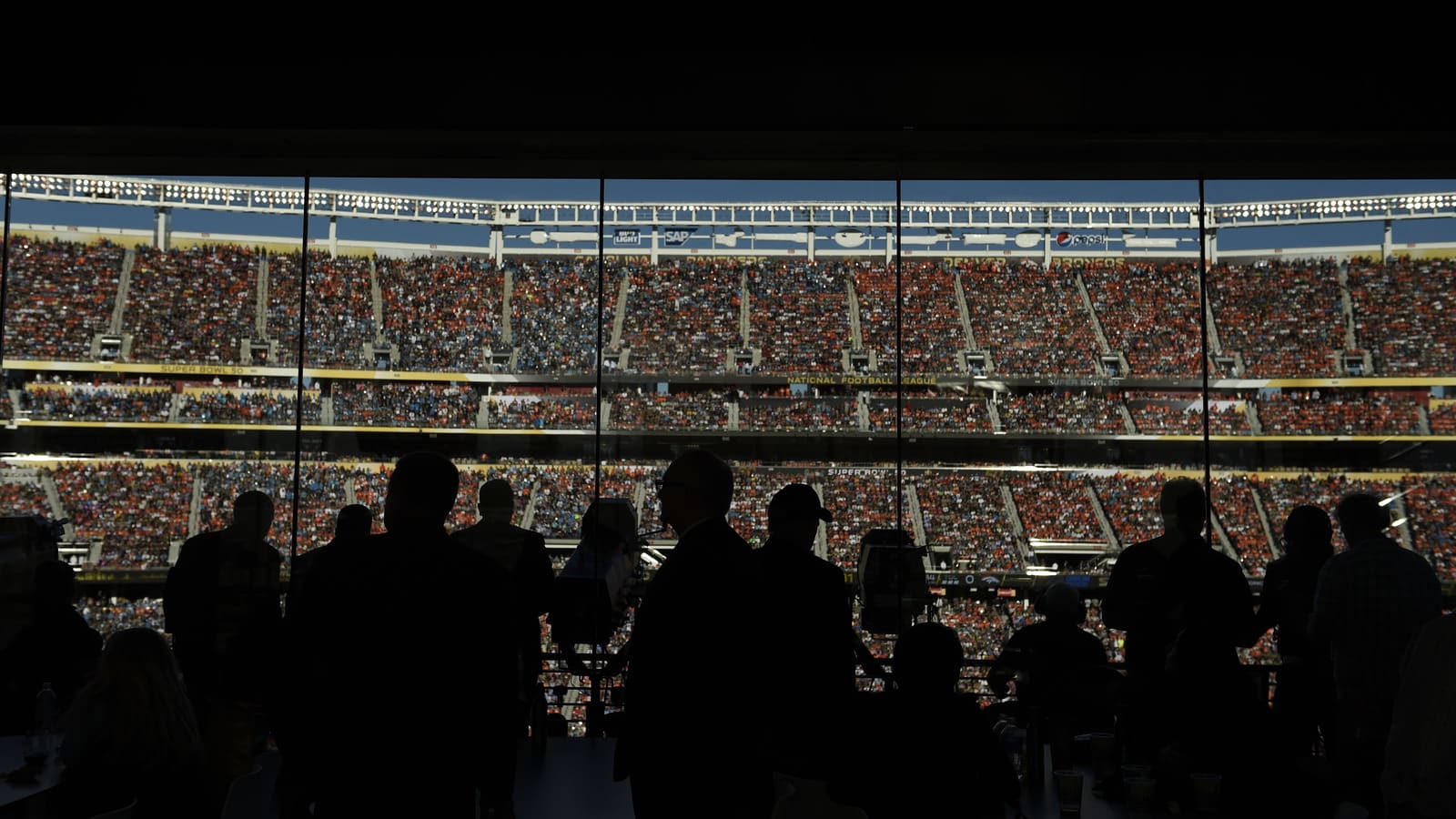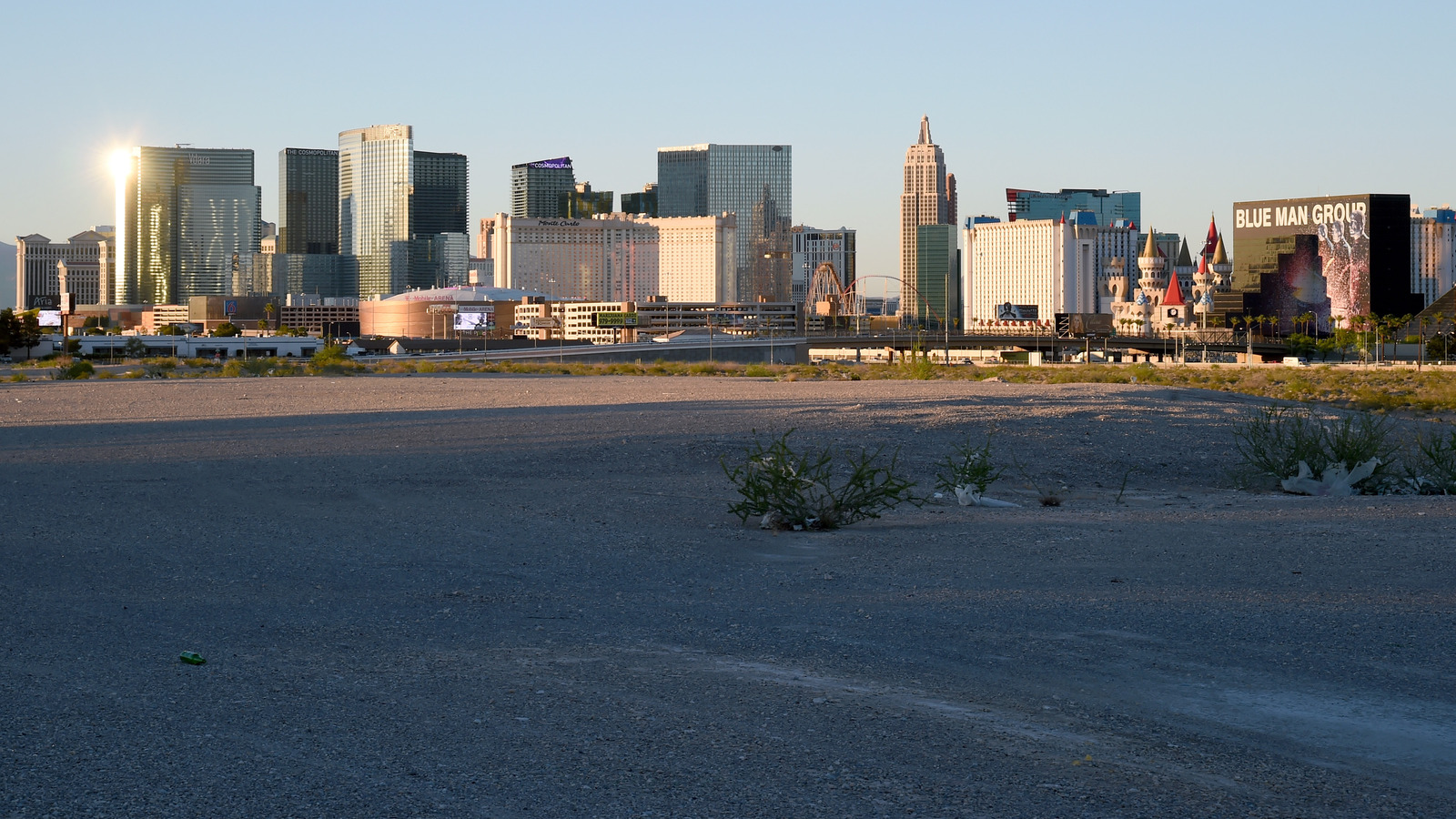
It’s our civic duty to stop attending Super Bowls in new stadiums
The news this week that the first Los Angeles Super Bowl in nearly 50 years (30 if you count Pasadena) is being pushed back until presumably 2022 sent a tizzy into the minds of the sort of people who think about Super Bowl locations five years in advance, which is to say people invested in the business of football.
Why anyone should concern themselves with the location of a Super Bowl beyond the immediate upcoming season is beyond me. In fact, it’s a reasonable stance that no one should care where any Super Bowl is staged or that it’s of dubious honor and benefit to the city with hosting duties. It’s a spectacle made for TV and TV is the best place to engage with it.
If the NFL were truly concerned about its product and not sheer moneymaking potential, it would buy up something like the Pontiac Silverdome and turn it into a grand permanent base for all future championship games. That way the league could ensure that festivities were in a centralized location and worthwhile, instead of the usual mishmash of attractions that fill Super Bowl city in the place that hosts now. Ah, but that would ruin the hustle that is tantalizing markets ready to be bilked for new stadia with the prospect of a future Super Bowl.
Often, that’s the carrot the league dangles to citizens and public officials when the possibility that hundreds of million dollars in public funds might be spent on a stadium. “Give us this hulking, expensive structure that only gets used about a dozen times a year and in exchange you’ll get to host a Super Bowl, joining a list of great cities that includes, uh, Jacksonville.”
Sure enough, within years of a stadium being completed, unless it happens to be an open-air field in a cold-weather town, a Super Bowl will follow. The reason the league pushed back Los Angeles’ next hosting gig by a year is a concern that the next stadium for the Rams and Chargers, now set to open in 2020 due to excess rainfall delays, won’t have hosting a sufficient amount of games to work out the kinks before the Super Bowl in 2021. LA officials countered that having two teams meant twice as many chances to prove readiness. Frankly, it’s an arbitrary call by the league, especially after it felt Levi’s Stadium outside San Francisco was ready to host Super Bowl 50, only for that venue’s recurring turf problems to be an issue during the game.
In the last two years, two franchises have departed cities for a new stadium deal in Los Angeles, despite there being little indication that LA is ready to support multiple teams. A third franchise has announced it’s leaving behind a larger TV market and a dedicated fan base for a smaller one in Las Vegas, all because of a $1.9 billion stadium that’s costing taxpayers $750 million. The ground hasn’t even been broken on the site and already Raiders owner Mark Davis believes he can get a Super Bowl played there by 2025.

He may very well be right, but that doesn’t change the fact that if fans care about ensuring that teams stay put where they are, they shouldn’t support Super Bowls played in new stadiums with their tourism dollars. The Las Vegas one may be more alluring than most, solely because the city itself functions as a tourism destination without the NFL. But that just shows the weakness of the Super Bowl as an event. The live experience of the NFL is already inferior to watching it on TV. An orgy of pomp and circumstance does little to change that. When you factor in the cost of attending a Super Bowl, it’s a wonder why anyone does it on their own dime.
The success of a Super Bowl is often measured in TV ratings by media analysts, and yet it’s the economic engine of tourism that is often sold as a bill of goods to the city that hosts, even if it’s been shown that cities often lose money putting on the event. While some of the revenue they do make comes from locals who turn up to check out the attractions, most comes from people who travel there.
If cities are already taking a bath on the Super Bowl and still willing to hand over public funds to have them, it raises the question of how bad it has to get before officials will stop kowtowing to the NFL. By staying home, we potentially cut off one of the principal ways NFL hustles of the public out of its money. Frankly, it’s more than likely we have a better time watching the game anyway.
0/30
10:00
More must-reads:
- Report: L.A. loses Super Bowl LV, Tampa ‘front-runner’ to host
- The way too early odds to win Super Bowl LII
- The 'NFL stadiums' quiz
Breaking News
Customize Your Newsletter
 +
+
Get the latest news and rumors, customized to your favorite sports and teams. Emailed daily. Always free!


